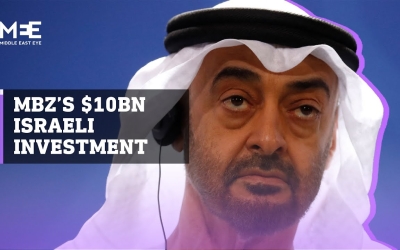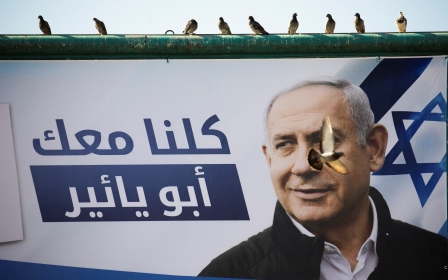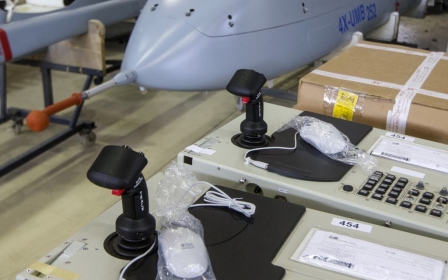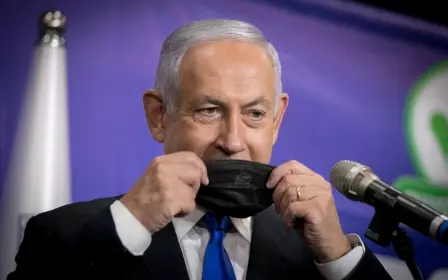Covid-19 and Ramadan: UAE issues strict social measures
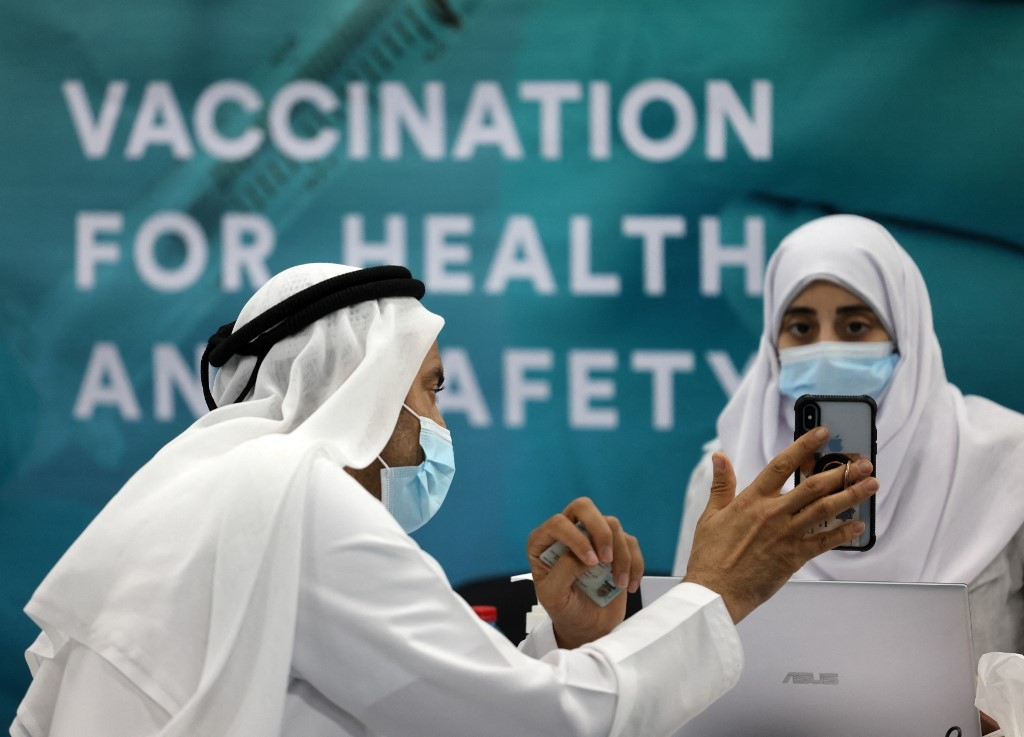
The United Arab Emirates on Tuesday introduced a number of strict social measures during the holy month of Ramadan, as part of limiting and tackling the spread of Covid-19.
Ramadan, which is expected to begin on 13 April, is a month of family gatherings, social activities and group prayers in mosques. Muslims fast from sunrise to sunset, and believe that during this ninth month of the Islamic calendar, God revealed the first verses of the Quran, the holy book, to the Prophet Muhammad.
The UAE’s National Emergency Crisis and Disaster Management Authority (NCEMA) tweeted that residents and citizens must avoid evening gatherings and exchanges of food to break the fast, except for members of the same household.
“For the health and safety of society, we advise all to avoid evening gatherings during Ramadan, limit family visits, and avoid distributing and exchanging meals between homes and families,” NCEMA tweeted, adding that “only members of the same family living in the same house can share meals”.
As of Wednesday, there had been 432,364 cases that tested positive for Covid-19 since March 2020, and 1,414 deaths in the UAE. The country has recently launched a vaccination campaign and has rolled out 6,830,369 doses, according to NCEMA.
The UAE ranks among the top countries globally, along with Bahrain, for the most vaccine doses administered as a percentage of population.
NCEMA said that restaurants would not be allowed to offer and distribute Iftar (fast-breaking) meals indoors and delivery services should abide by social-distancing measures, and be limited to the labour housing units.
“Tarawih prayers will be held according to #Covid19 precautionary measures, in addition to continuing the implementation of all preventive and precautionary measures while praying,” NCEMA tweeted, referring to the traditional Ramadan prayers performed at night, which will be limited to a maximum of 30 minutes.
Families and individuals who would like to donate meals or create Iftar tents are advised to coordinate with charities, as “legal measures will be taken against all violators, whether individuals or institutions".
NCEMA added that “the spirit of the blessed month of Ramadan can be enjoyed. As it is possible, despite social distancing, to remain in contact with family and friends using social media and digital platforms”.
Middle East Eye delivers independent and unrivalled coverage and analysis of the Middle East, North Africa and beyond. To learn more about republishing this content and the associated fees, please fill out this form. More about MEE can be found here.


